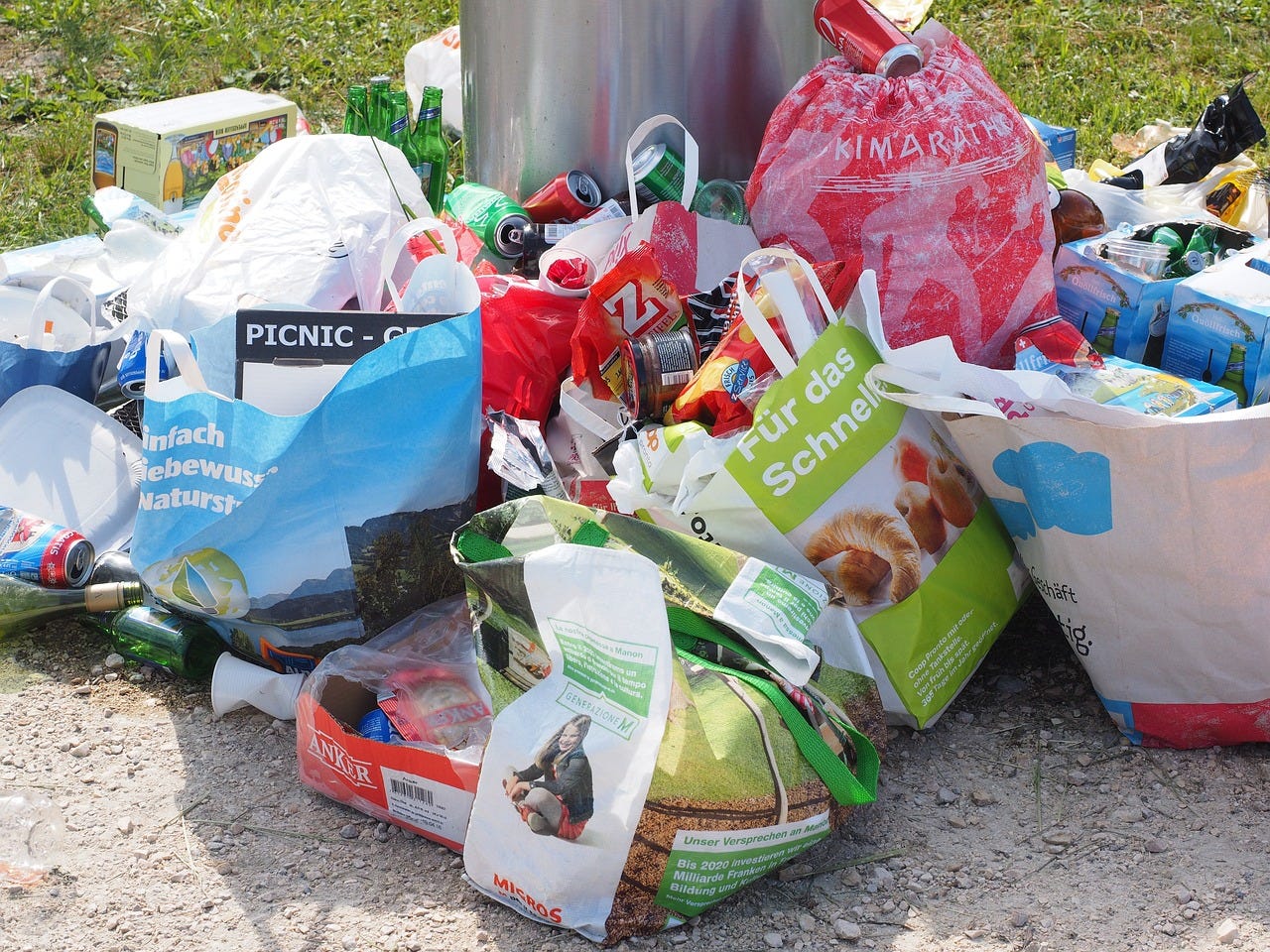Permaculture addressing the root cause
and waiting less for the communal shower
Reduce rather than produce or rather work out how to reduce waste before working out how to produce more is something that is at the heart of Permaculture design. This approach doesn’t sit well with industrial and economic systems based on growth. So we are bombarded with statistics and polemics such as ‘because of population growth we must double food production by 2050.’ The same argument is used to justify increasing energy production and a bunch of other stuff. These ‘grow or die’ scenarios rarely, if ever, discuss how wastage can be reduced, the focus is put on growth and recycling.
50% more food by 2050? All over the world scientists are working to ‘improve’ plants. From boosting the efficiency of RuBisCo, through improving the C3 metabolic pathway to implanting genes from seaweed into land plants. Elsewhere people are working to ‘green up’ the Haber process used for producing nitrogen fertiliser and on and on. All concentrating on how to produce more and little being done to address how we can waste less.
Food wastage is huge, the world wastes about 2.5 billion tons of food every year. The USA wastes 60 million tons which, as on average USA citizens eat about a ton a year, means that a few ten’s of millions of people could be fed if the waste wasn’t, well, wasted. Food wastage figures don’t always consider the opportunity cost, resources used to produce and distribute the food that is then wasted could have been used for something else.
Huge sums are being pumped into researching how to improve crop yields and very little is being done to drastically cut food waste which is a much easier thing to accomplish. On top of the billions of tons of food simply wasted there is also the hidden wastage where foods are transformed into ultra-processed foods which are not only bad for our health but increase wastage as they use substances extracted from natural foods. Basically transforming a useful natural food into a dangerous ultra-processed one.
Global energy demand is increasing and is leading to governments around the world introducing policies to increase nuclear energy production. EDF in France has plans to construct 6 EPR2 reactors and more are planned. Increases in renewable energy production are always hailed as major achievements, much more so than any action to reduce energy waste. The Lawrence Livermore National Laboratory estimates that 68% of the energy produced in the USA is wasted, the transport sector, due to a meagre 21% efficiency wasted more energy than the other sectors, residential, commercial and industrial combined.
Why did we create socio-economic systems that require people to move around so much? Why do we continue to see a personal car as being a second home and essential to living well?
If we look at residential energy consumption in Europe and the UK we see big differences. An analysis done by TODO revealed that, on average, a house in Norway (over 5 hours with external temp of 0°C and an inside temp of 20°C) will lose 0.9°C, in France it will lose 2.5°C and in the UK 3°C. This shows that those people fighting to get UK government support are on the right track but perhaps banging at the wrong door. If those countries that have poor quality housing started to improve their housing stock then the need for extra nuclear reactors would disappear.
Water scarcity is a hot subject at the moment and mega projects have been proposed to deal with the problem, new dams, enormous resevoirs and so on. Globally, the agricultural sector uses about 65% of fresh water and wastes about half of it. It’s all being discussed and as usual stock more, produce more is seen as being the way to go. The agricultural sector is not only a powerful lobby but also notoriously conservative, the many and varied food production systems that use far less water are rejected out of hand exept by a minority of level headed producers who have seized the opportunity to adapt, change crops, change strategies and blaze a trail that others refuse to follow.
In London UK about 23% of water is wasted because of leaky pipes, what’s that all about? It seems absurd that we live in an age where technology is so advanced yet we can’t fix leaky pipes. Globally only about 11% of waste water is treated and reused despite there being numerous ways of recycling waste water and returning it to the supply side.
Anyway I could go on but it gets a bit depressing. As I mentioned at the beginning in Permaculture we look to reduce demand before we explore how to produce. We look briefly at figures around the calories needed but we place more importance on the quality of food, higher quality food means eating less and living better. When dealing with buildings and, without wanting to go back to 5 people and a dog sharing a candle, we explore how much energy or water a home or village or neighbourhood really needs when we have done as much as possible to reduce the demand. In the end if we simpy start to put the money where it’s needed, to reduce wastage and demand, then we can move away from the current destructive, produce more, produce more hysteria.
On a personal note it could mean me waiting less long for the communal shower, some people manage to shower for 22 minutes. I’ve got no idea what they are doing under the shower given that they can’t read a book an it’s unlikely they’re looking at their social media feeds.



